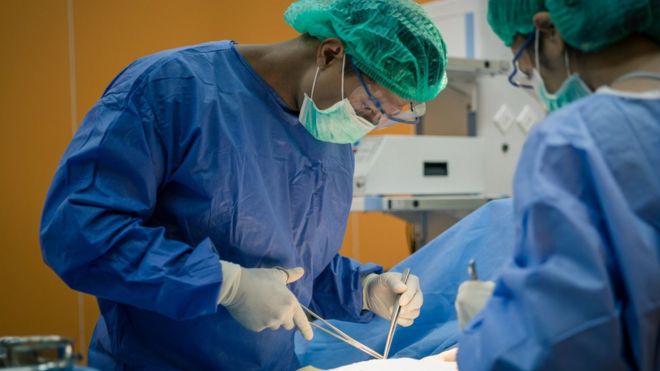task0778
Diamond Member
Not me, it's my brother in Florida. Seems they turned him down for a liver transplant based on the stability of his situation at home, apparently weren't sure he could/would get his meds and care that he would need post-op. His wife can't drive, has her own medical problems and they have no family nearly. I live in Texas with my wife who is an invalid (stroke) that needs 24/7 care of her own, so I can't really pack up and move to Florida myself.
So - anybody know anything about home care services? People that stop by once a day for a quick visit to make sure he takes his meds and checks his vital signs? He's on Medicaid and isn't working and neither is she (his wife) who has bone cancer of some kind. Tough situation for them. It's not like we're rich people that can afford to up and move them to Texas where I could care for everybody, or pay somebody else to do it.
Anyone know of a forum online where they can go to talk to others who have been through the transplant process, and what the alternatives are for those who can't get a liver transplant? Maybe they can get some ideas for what to do now.
So - anybody know anything about home care services? People that stop by once a day for a quick visit to make sure he takes his meds and checks his vital signs? He's on Medicaid and isn't working and neither is she (his wife) who has bone cancer of some kind. Tough situation for them. It's not like we're rich people that can afford to up and move them to Texas where I could care for everybody, or pay somebody else to do it.
Anyone know of a forum online where they can go to talk to others who have been through the transplant process, and what the alternatives are for those who can't get a liver transplant? Maybe they can get some ideas for what to do now.
